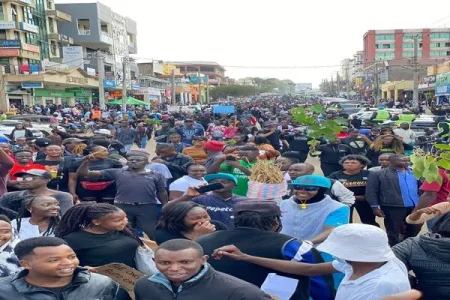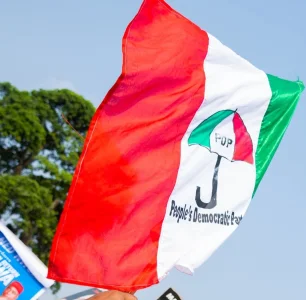
Kenyan youth are protesting against the proposed Finance Bill, which introduces new taxes on essential goods. The bill aims to raise $2.7 billion in additional revenue but has sparked widespread discontent. Protests have turned violent, with part of the parliament building set ablaze and casualties reported in Nairobi.
Kenya is witnessing a wave of protests as youth rally against the proposed Finance Bill, which aims to introduce new taxes on essential goods. The bill, intended to raise $2.7 billion in additional revenue, has sparked widespread discontent among citizens already grappling with high living costs.
Initially, the bill proposed a 16% sales tax on bread and a 25% duty on cooking oil, along with increased taxes on financial transactions and vehicle ownership. These measures were met with fierce opposition, prompting the government to retract some of the more controversial aspects. However, public anger remains high, with many calling for the bill to be scrapped entirely.
The protests, while mostly peaceful, have resulted in four deaths, numerous injuries, and arrests. Legal and human rights groups have criticized the government's handling of the demonstrations. Despite President Ruto's promise to hold talks addressing youth concerns, tensions continue to escalate.
The bill also introduces a 16% tax on goods and services for specialized hospitals, raising fears of increased healthcare costs. Import taxes are set to rise from 2.5% to 3%, potentially leading to higher prices for imported goods.
As of the latest reports, part of Kenya's parliament building is ablaze, with protesters having breached the complex. Gunshots have been heard in Nairobi, resulting in at least one fatality and dozens of injuries. Some Members of Parliament sought refuge in the building's basement following the passage of the finance bill.
The government argues that these measures are necessary to reduce the budget deficit and state borrowing, with Kenya's public debt currently standing at 68% of GDP. However, critics argue that the proposed taxes will disproportionately burden ordinary citizens, exacerbating the already challenging economic situation faced by many Kenyans.




